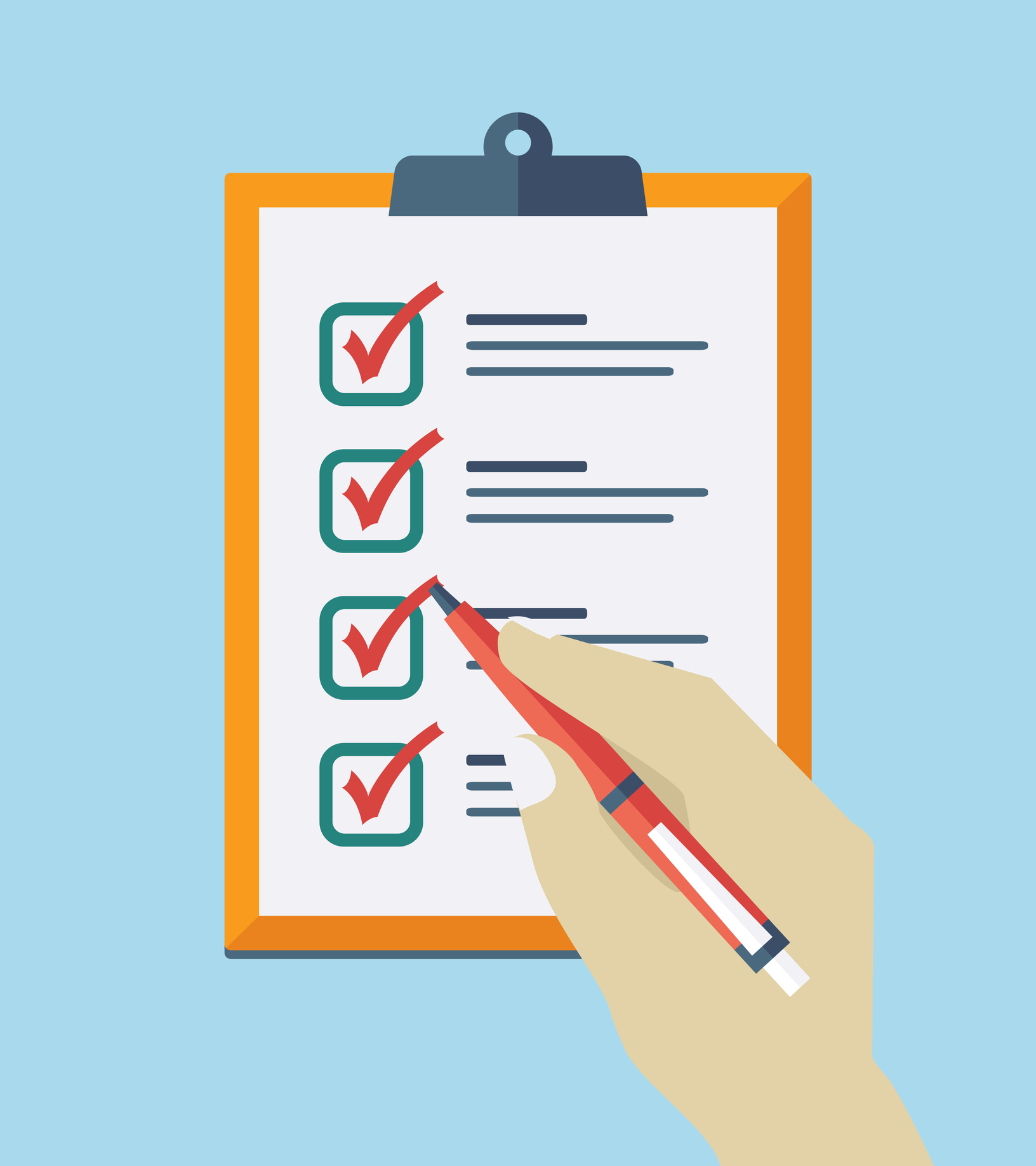Children & Adolescents
Assessments
During the assessment sessions at IFCEO, the use of creativity and flexibility is essential in order to meet an individual’s needs and capacities. During the assessment process, the child or the adolescent and his parents are considered to be the “experts” of their functioning and their needs. It is therefore very important for IFCEO to proceed in a collaborative and transparent manner.
Initial clinical interview
The goal of this first session is to collect information from parents regarding current concerns over their child’s developmental history and information on their child’s functioning in family, social and school environments.
(If appropriate, information will also be collected from the child directly.)
Duration: one to two sessions
Socioemotional and behavioural assessment
Includes semi-structured diagnostic interviews and a selection of empirically validated questionnaires to be filled out by the parents and if appropriate, by the child or adolescent.
Duration: one to two sessions
Cognitive assessment (if necessary)
Assessment of the cognitive skills of an individual according to the following areas:
1) verbal comprehension;
2) visuospatial;
3) fluid reasoning;
4) working memory;
5) speed of information processing.
Duration: one to two sessions equivalent to three hours
Writing of the psychodiagnostic assessment report
This report includes a conceptualization of the child or the adolescent’s experience while integrating the results of the clinical interviews as well as the socio-emotional, behavioural and cognitive assessments. The report then discusses the diagnosis of the child or the adolescent followed by recommendations for interventions for symptom management at home and at school.
Feedback of the results
During this session, the psychologist will:
1) update the child or the adolescent’s profile;
2) share behavioural, socio-emotional and cognitive observations and results;
3) discuss clinical impressions;
4) discuss and explain all recommendations;
5) answer any questions.
Duration: one session
Meeting with school staff (if desired)
A meeting with the school staff can be organized to help in implementing recommendations for the child or the adolescent.
Psychodiagnostic Assessment
Psychodiagnostic assessment helps to clarify concerns and, if appropriate, make a diagnosis about an individual’s functioning in regards to his behaviour, mood, emotions and personality. A psychodiagnostic assessment can lead to different diagnoses such as anxiety and mood disorders, as well as attention deficit and hyperactivity disorder.
Psychoeducational Assessment
The psychoeducational assessment provides a better understanding of how an individual performs academically in relation to their cognitive potential. A psychoeducational assessment can lead to different diagnoses, such as learning disabilities, attention deficit hyperactivity disorder, intellectual disability and giftedness.
Initial clinical interview
The goal of this first session is to collect information from parents regarding current concerns over their child’s developmental history and information on their child’s functioning in family, social and school environments.
(If appropriate, information will also be collected from the child directly.)
Parents are also invited to bring their child’s recent school report cards and assessment reports. Their academic level will be considered when writing the psychoeducational assessment report.
Duration: one to two sessions
Socioemotional and behavioural assessment
Includes semi-structured diagnostic interviews and a selection of empirically validated questionnaires to be filled out by the parents and if appropriate, by the child or adolescent.
With parental consent, other professionals (e.g., teacher) are often consulted. Their observations help to better understand the strengths and the difficulties of the child or the adolescent.
Observation of the child or the adolescent in their school environment is also possible to maximize the usefulness of the information obtained during semi-structured clinical interviews and empirically validated questionnaires.
Duration: one to two sessions
Cognitive assessment
Assessment of the cognitive skills of an individual according to the following areas:
1) verbal comprehension;
2) visuospatial;
3) fluid reasoning;
4) working memory;
5) speed of information processing.
Duration: one to two sessions equivalent to three hours
Academic (reading, writing, mathematics, oral language) and fine motor skills assessment
Duration: one to two sessions equivalent to three hours
Writing of the psychoeducational assessment report
This report includes a conceptualization of the child or the adolescent’s experience while integrating all the results of clinical interviews, school report cards and previous psychological and medical reports, as well as current socio-emotional, cognitive and academic assessments.
The report then addresses, if necessary, the diagnosis of the child or the adolescent followed by recommendations regarding a plan of intervention to help the child or the adolescent achieve optimal behavioural, emotional, academic and social success at school and at home.
Feedback of the results
During this session, the psychologist will:
1) update the child or the adolescent’s profile;
2) share behavioural, socio-emotional and cognitive observations and results;
3) discuss clinical impressions;
4) discuss and explain all recommendations;
5) answer any questions.
Duration: one session
Meeting with school staff (if desired)
A meeting with the school staff can be organized to help in implementing recommendations for the child or the adolescent.
Interventions
Individual Therapy
Following a psychological or psychodiagnostic assessment, it is important to continue therapy with a psychologist with whom the child or the adolescent and parent feels comfortable. Individual therapy at IFCEO has different objectives, including:
1) accompanying and supporting during difficult times (e.g., family difficulties, academic difficulties, bullying);
2) better understanding and managing different emotions and social skills (e.g., sadness, anger, stress, worry, low self-esteem);
3) help and intervene for various problems, such as anxiety disorders, mood disorders, attention deficit disorder and hyperactivity, academic difficulties, giftedness, oppositional and conduct disorders, trauma and adjustment difficulties.
Therapeutic interventions at IFCEO are based on evidence and most often based on cognitive behavioural theory that helps children or adolescents modify their undesirable thoughts to allow them to develop more appropriate feelings and behaviours. A systemic framework, training in emotion regulation and an attachment-oriented conceptualization are implemented based on the needs of the clinical situation.
The objective of a therapy session with the child or adolescent allows to:
1) express emotions;
2) learn ways to manage emotions;
3) practise new skills such as breathing and relaxation techniques;
4) practice problem solving in order to achieve optimal family, social and school functioning.
The change can take time and it usually takes a few sessions before the child or adolescent learns the strategies necessary to see an improvement in symptoms.
Depending on the age of the child or adolescent, the structure of the session varies. The parent may or may not accompany his child and join them at the end of the sessions to get information on how to help him at home.
Group Therapy
The IFCEO team is currently working on the development of certain group therapies. Additional information will be available soon.

